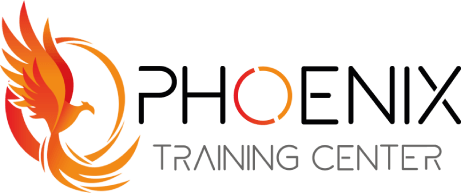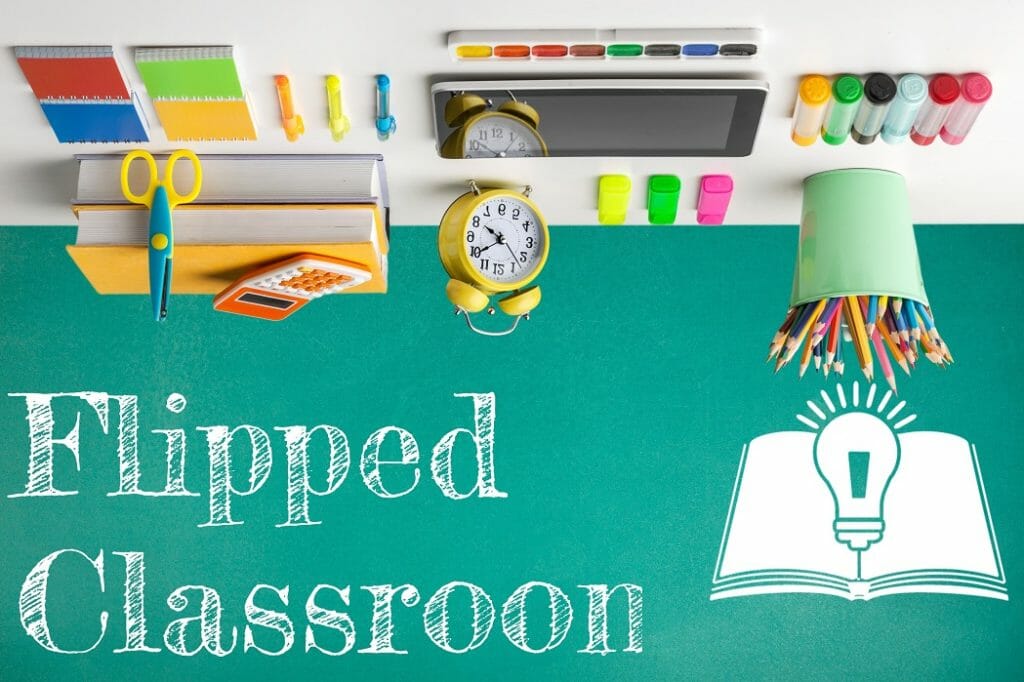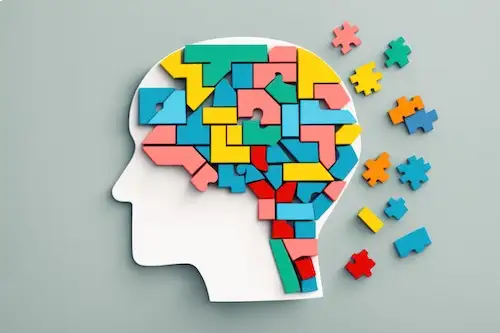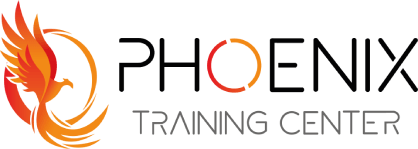- Antalya, Cologne, Dublin, Düsseldorf, Istanbul
- One-Week course
Inclusive Education
Join our ‘Inclusive Education’ course in the Erasmus teacher training program. Learn to create an inclusive classroom environment that respects and values diversity, ensuring equal opportunities for all students.
The ‘Inclusive Education’ course, a crucial part of the Erasmus teacher training curriculum, is specifically designed to equip educators with the skills and knowledge necessary to create and maintain an inclusive classroom environment. This course is ideal for teachers who are committed to fostering a learning space where all students, regardless of their abilities, backgrounds, or needs, feel valued, included, and supported.
Inclusive education is a pedagogical approach that emphasizes the importance of providing equal educational opportunities to all students. This approach is critical in a diverse educational landscape, where students come from varied backgrounds and have different learning needs and abilities. The course covers the principles of inclusive education, including understanding diversity, equity, and accessibility in the classroom.
Participants will explore various strategies to address the needs of students with special educational needs, students from different cultural and linguistic backgrounds, and those who may be marginalized or disadvantaged in other ways. The course will provide practical tools and techniques for adapting curriculum, teaching methods, and classroom management to create a more inclusive environment.
A key component of the course is understanding and implementing differentiation in the classroom. Educators will learn how to design lessons that cater to a range of learning styles, abilities, and interests, ensuring that all students can engage with and benefit from the educational material.
The course also emphasizes the importance of fostering a positive and respectful classroom culture. Educators will explore ways to promote understanding, empathy, and respect among students, and how to address issues of bias, discrimination, and bullying.
Moreover, the course will cover the role of collaboration in inclusive education. Participants will learn how to effectively collaborate with parents, caregivers, special educators, and other professionals to support the diverse needs of their students.
By the end of the course, participants will have a deep understanding of the principles of inclusive education and be equipped with the strategies and resources necessary to implement these principles in their teaching. They will be prepared to create a classroom environment that is welcoming, respectful, and accommodating to all students, ensuring that every student has the opportunity to succeed.
- Understand the Principles of Inclusive Education: Educators will develop a deep understanding of inclusive education, focusing on diversity, equity, and accessibility in the classroom.
- Address Diverse Learning Needs: The course aims to equip teachers with strategies to meet the needs of all students, including those with disabilities, different cultural and linguistic backgrounds, and other diverse learning requirements.
- Implement Differentiated Instruction: Participants will learn how to design and implement differentiated instruction to cater to a variety of learning styles and abilities.
- Foster an Inclusive Classroom Culture: Educators will explore techniques to promote empathy, respect, and understanding among students, and address issues of bias and discrimination.
- Collaborate for Inclusive Education: The course will cover the importance of collaboration with parents, caregivers, and other professionals in supporting inclusive education.
- Develop Inclusive Curriculum and Assessment Methods: Participants will learn to adapt curriculum and assessment methods to be inclusive of all students’ needs.
- Comprehensive Knowledge of Inclusive Education Concepts: Participants will demonstrate a thorough understanding of the key concepts and principles of inclusive education.
- Ability to Cater to Diverse Learning Needs: Educators will be adept at identifying and addressing the diverse learning needs of their students, ensuring an equitable learning experience for all.
- Skills in Differentiated Instruction: Teachers will have the skills to design and implement differentiated instructional strategies that accommodate various learning styles and abilities.
- Promotion of a Positive Classroom Environment: Participants will be able to foster a classroom culture that values diversity, encourages empathy, and combats bias and discrimination.
- Effective Collaboration Skills: Educators will learn effective strategies for collaborating with a range of stakeholders to support inclusive education.
- Development of Inclusive Teaching Materials: Teachers will be equipped to create and adapt teaching materials and assessments to be accessible and inclusive for all students.
Day 1: Foundations of Inclusive Education
- Introduction to inclusive education: principles and importance.
- Understanding diversity and equity in the classroom.
- Exploring legal frameworks and policies supporting inclusion.
- Group discussion on personal experiences and challenges with inclusivity.
Day 2: Addressing Diverse Learning Needs
- Identifying and understanding diverse learning needs.
- Strategies for supporting students with disabilities.
- Addressing cultural and linguistic diversity in education.
- Workshop on creating an inclusive classroom environment.
Day 3: Differentiated Instruction and Adaptation
- Principles and techniques of differentiated instruction.
- Designing adaptable and flexible lesson plans.
- Hands-on activities: creating differentiated materials.
- Role-playing scenarios to practice adaptive teaching strategies.
Day 4: Fostering an Inclusive Classroom Culture
- Techniques to promote empathy, respect, and understanding.
- Addressing and preventing bias and discrimination in the classroom.
- Building a positive and supportive classroom community.
- Conflict resolution and anti-bullying strategies.
Day 5: Collaborative Approaches to Inclusion
- Collaborating with parents, caregivers, and professionals.
- Building inclusive partnerships with educational stakeholders.
- Role of Individualized Education Plans (IEPs) in inclusive education.
- Group activity: Developing a collaborative support plan.
Day 6: Inclusive Curriculum and Assessment
- Adapting curriculum to meet diverse needs.
- Developing inclusive assessment methods.
- Utilizing technology and resources for inclusive education.
- Case studies: Evaluating and improving curriculum inclusivity.
Day 7: Implementation and Professional Development
- Creating an action plan for implementing inclusive practices.
- Peer review of inclusion plans and strategies.
- Reflecting on personal growth and setting future goals.
- Discussion on continuous professional development in inclusive education.
Past participants say...
"The Inclusive Education course was an enlightening journey. The comprehensive coverage of inclusive teaching strategies and understanding diverse learner needs was invaluable. The collaborative activities and sharing of best practices with other educators enriched my perspective. I'm now better equipped to support all my students."
Maria BorgMalta
"Participating in the Inclusive Education course has transformed my approach to teaching. The blend of theory and practical application, focusing on accessibility and equity, was excellent. I particularly valued the discussions on adapting curricula to diverse learning styles. I feel prepared to create a more inclusive classroom."
Joseph ZammitMalta
"This course on Inclusive Education was a remarkable experience. The insights into different aspects of inclusion, from special educational needs to cultural sensitivity, were profound. The practical workshops were particularly helpful in understanding how to implement these concepts in a real-world setting."
Elena PetrovskaMacedonia
"The Inclusive Education course was truly transformative. Learning about various inclusion strategies and the importance of creating an equitable learning environment was eye-opening. The interactive nature of the course, along with expert guidance, made it an invaluable learning experience for me."
Ivan DimitrovMacedonia
SEVERAL UNIQUE COURSES
Other Courses You May Like
- Antalya, Dublin, Düsseldorf, Istanbul
- One-Week course
- Antalya, Cologne, Dublin, Frankfurt, Istanbul
- One-Week course
- Antalya, Cologne, Dublin, Düsseldorf, Istanbul
- One-Week course
- Antalya, Dublin, Istanbul
- One-Week course
Previous
Next
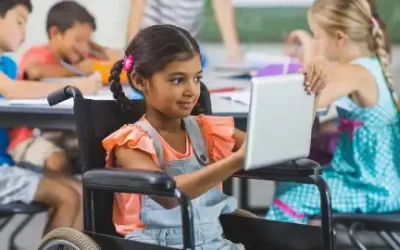
-
Certificate
Yes -
Cost
€80/day -
Language
English -
Duration
One-Week course
prereg button test
All Available Dates
= confirmed date
How Can We Help?
If you require any further details or if you have question? Please don’t hesitate to contact us.
- info@phxtraining.com
OID: E10339609
More Erasmus Training Courses

